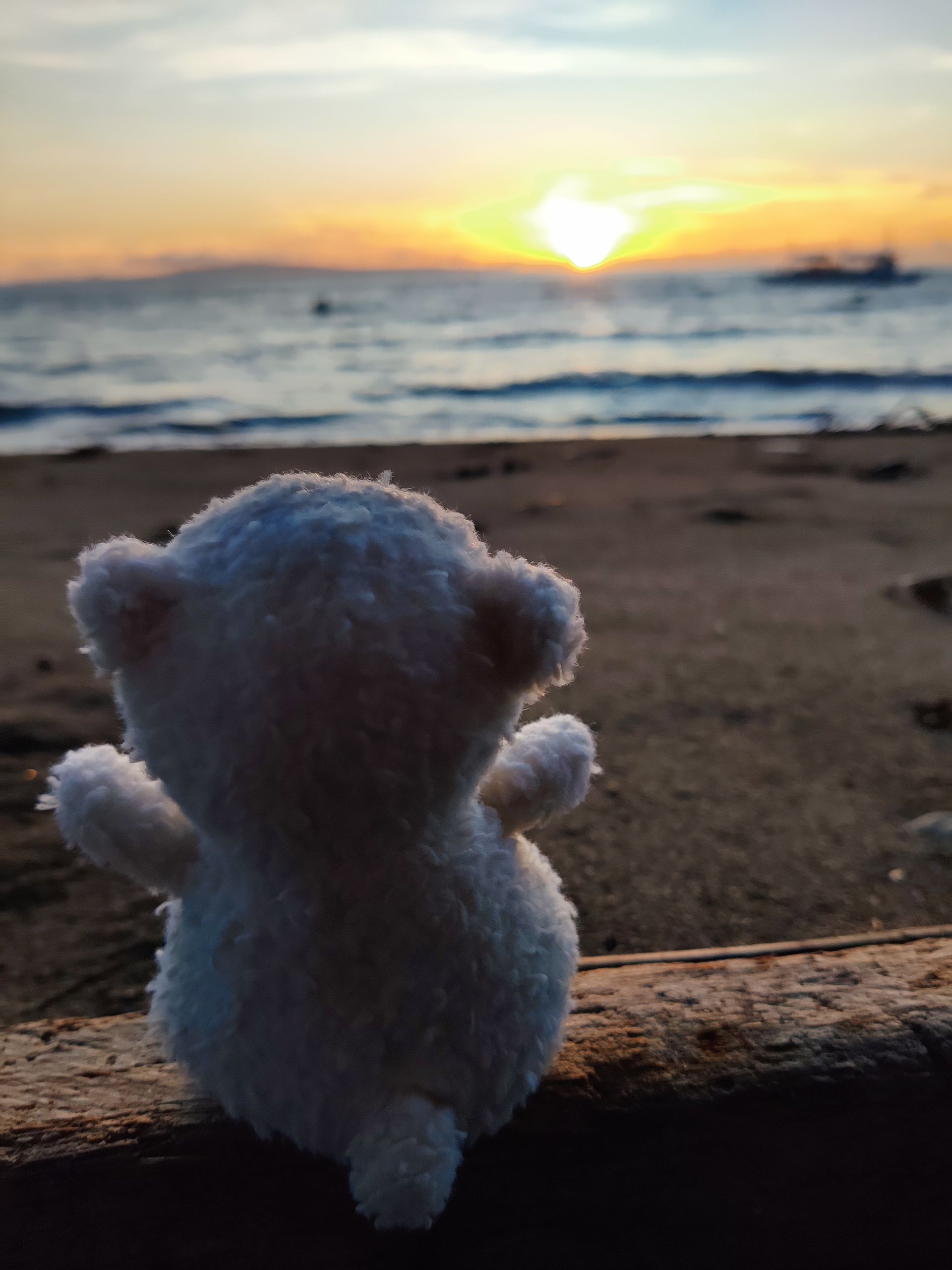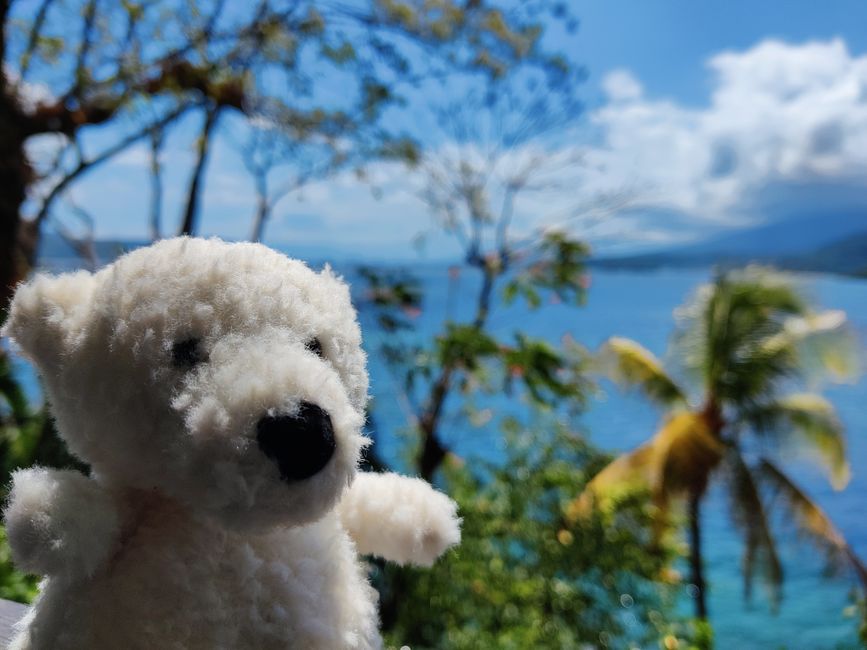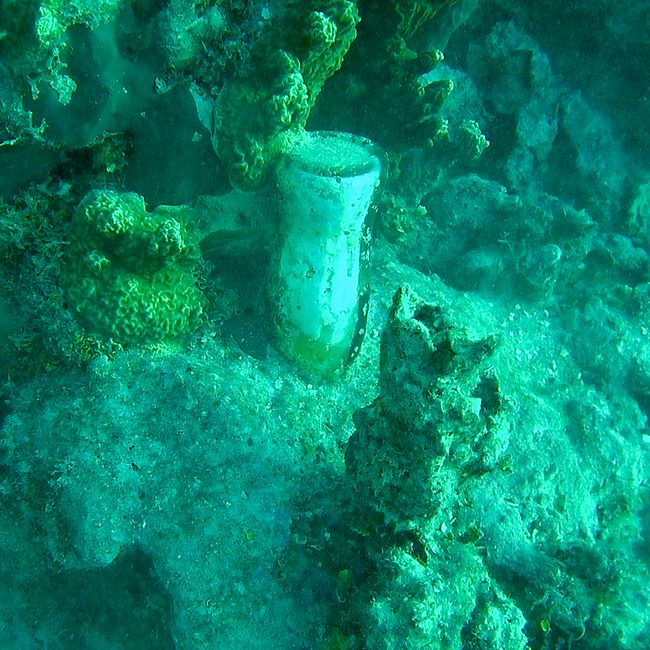Elephant ears and reef die-off
Argitaratu: 03.01.2024
Harpidetu Buletinera
Diving in the reefs of Guam: When you read the descriptions from PADI, the diving organization par excellence, you expect colorful, untouched reefs. But it seems that this information has been adopted for years without any reflective adjustment.
Unfortunately, the reality is different and presents bleak prospects for other reefs in Micronesia.
Coral mortality is monitored and documented by the University of Guam: https://www.uog.edu/_resources/files/ml/raymundolab/peer-reviewed/Raymundoetal.2019.CORE.successive.bleaching.pdf
In addition to the sometimes high temperatures, there are typhoons that finish off the weakened reefs. Such a massive typhoon hit Guam in May 2023 (Mawar) and caused massive damage above and below the water. The picture then looks like this:
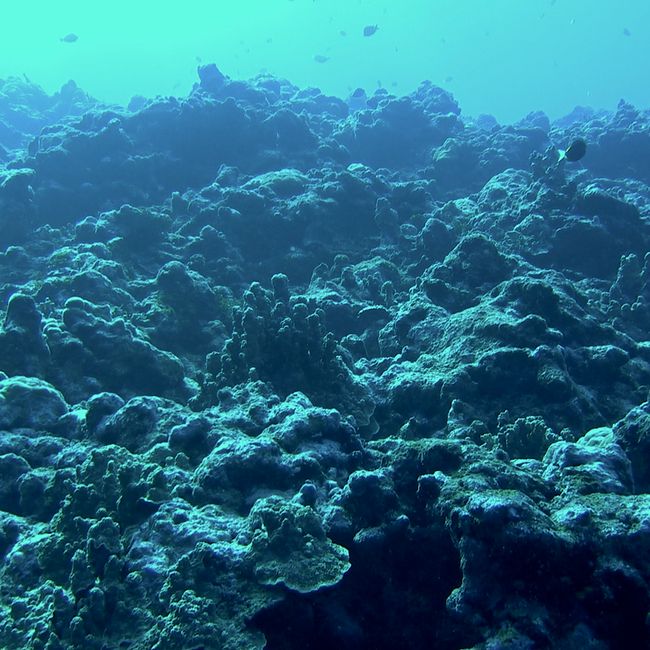
As the corals go, so do the fish and overfishing has a further negative impact.
Even the wrecks so highly touted in Guam, which are the birthplace of new colonies elsewhere, are comparatively lifeless here.
The only exception is the elephant ear sponge, which reaches an impressive size and can be found at the “American Tanker” diving site.
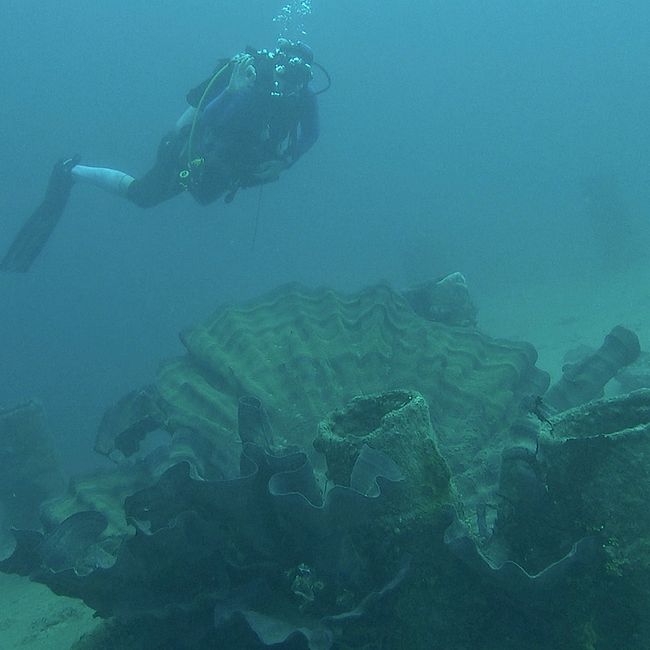
Otherwise, the ships, planes, motorcycles and other building materials that have been sunk for more than 50 years leave more of the impression of a concrete playground for adult divers.
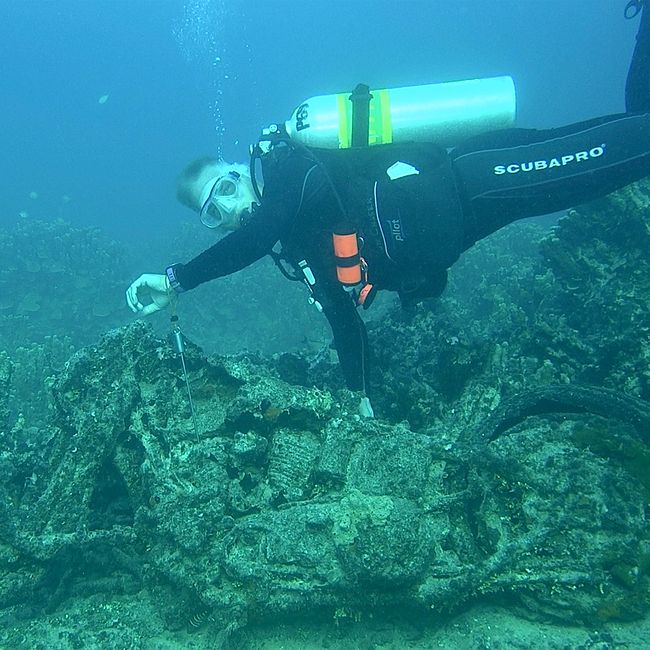
Only occasionally can you find a colorful splash from an anemone fish, a golden warty flatworm or a turtle.
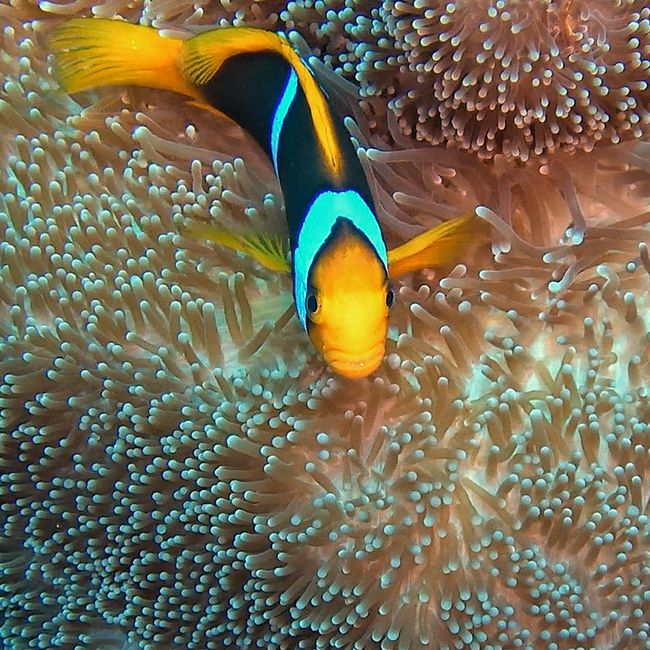
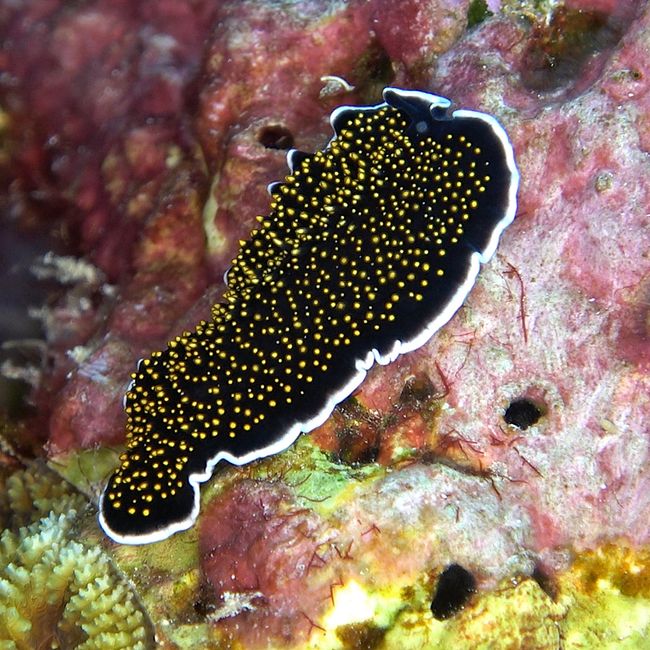
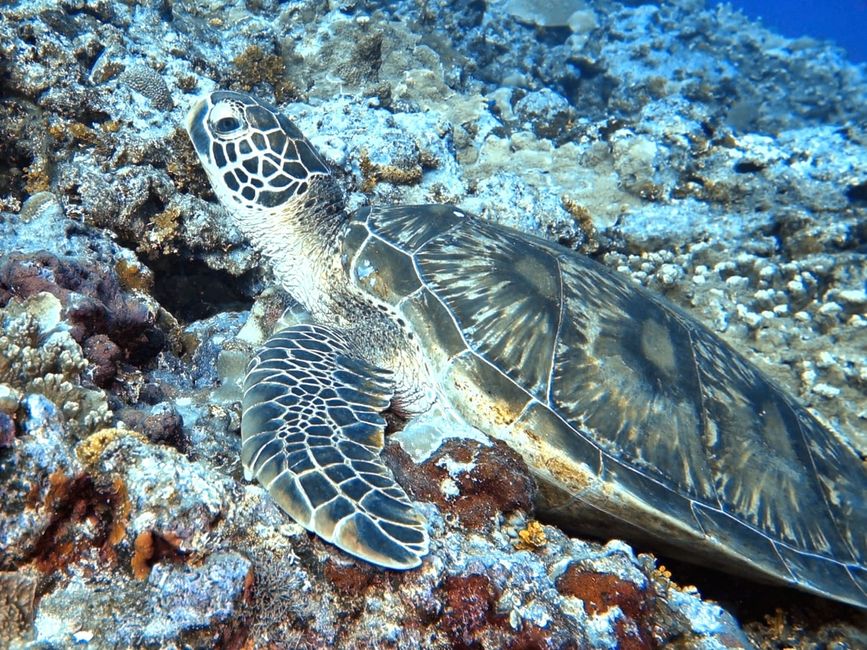
Maybe 4 dives weren't enough to get the full picture, but what we saw left a pretty grim impression.
Finally, some information for divers traveling to Guam: Diving with a “guide” is comparatively expensive. Diving without a guide is significantly cheaper. To do this, you rent a bottle and filling from a diving center, book the boat and dive (this means you get 165 € (price 2023) for 4 dives (2 divers each, 2 air bottles, weights, other own equipment) (price 2023), i.e. approx. 45 € per person/dive). You should avoid Nitrox as it is very exclusive and therefore expensive (+10€/bottle + transport). Each diver needs their own dive computer and diving buoy. You should also have a vehicle to transport your equipment, as the diving center and the landing site are several kilometers apart. There are often other divers on the boat who know the dive site. You should judge this yourself depending on your experience.
Which dive site you go to is purely a matter of luck and depends on the weather and the captain's mood. The anticipation of a good diving spot can quickly disappear when the captain announces 1 minute after setting off that today we will only be diving in the “harbour basin = concrete playground”.
Alternatively, you can dive straight from the beach and many locals do this too. Then the price for a dive without a guide and boat is less than €15.
Shaped by these impressions, we continue to Hawaii. Aloha!
Harpidetu Buletinera
Erantzun

Bidaien txostenak AEB
